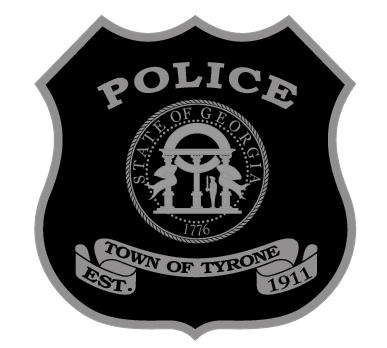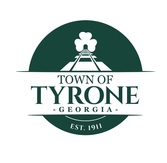|
"What should I tell my kids to do if they're stopped by the police?"
I've been asked this question dozens of times over the course of my law enforcement career and I hear it much more frequently here lately in light of all the unfortunate police-citizen turmoil we're experiencing in our country right now. It's a very sensible question and its subject is something that every parent should cover with their kids at some point (sooner than later) in their formative years. My answer generally consists of three points: - Keep your hands where the officer can see them - we learn very early in our training to become police officers that hands are dangerous and how an individual we are in contact with is positioning their hands can tell us a lot. Hands that are not visible are a very bad sign. - Be polite - police officers are not looking for a confrontation when they approach someone they've stopped and will generally do their best to be professional in order to avoid any escalation. When both parties are polite, any tension on both ends will subside! Let me add here that some officers do not participate in "small talk" during stops and some citizens see this as the officer being rude. In most cases, the officer is simply focused on the task at hand and is avoiding distraction. - Don't hold court on the side of the road - no one wants to get stopped and we really don't want to receive a citation for an infraction (I know this as I've been there a few times myself when I was younger...once here in Tyrone!). At times, you may sincerely believe that you were innocent of the infraction and feel the urge to discuss your point of view on the side of the road. Some take it one step further and argue with the officer. Please come to court to address your guilt or innocence and come to us and file a complaint if you believe the officer acted outside of the law or policy and we will investigate it. During a meeting with a group of high school parents last week I told them that my best advice to anyone stopped by the police is for them to "Comply, comply, comply". The group quickly told me that they understood what I was saying and then educated me on the fact that the word "comply" wouldn't be well received by today's youth. I get it. In a nation where many people argue that we are "over policed", a term like comply can definitely have negative connotations. However, this is an industry term and my intent when I use it isn't to evoke negativity; it's simply the clearest way for us to make our point. That being said, I'm still in search of a great replacement for the term! Why is this important? Law enforcement officers are trained to respond or react to the behavior of the individual at hand and, more importantly, they are trained to avoid escalation to the point of force whenever possible. Compliance with the officer's lawful requests significantly decreases the possibility of any escalation. Our friends at the LaGrange Police Department recently released the following video addressing the topic of interacting with the police. They, too, use the word "comply", but it's a very well done PSA otherwise that you may want to share with your kids! The main point in all of this is that we understand that interacting with us can be uncomfortable, awkward, and even scary. We truly are sensitive to that and will do all that we can to make our interaction as comfortable as possible, but this works both ways! We are currently working on several new initiatives that will help us interact with local youths in non-enforcement environments to discuss their concerns, help them learn more about us, and build rapport. I couldn't be more excited about all of this because I know that it will have a huge positive impact on our community! Please watch our Facebook page for updates and announcements about these new initiatives and upcoming events! -Chief |
|
Other Fayette Agencies
|

 RSS Feed
RSS Feed
